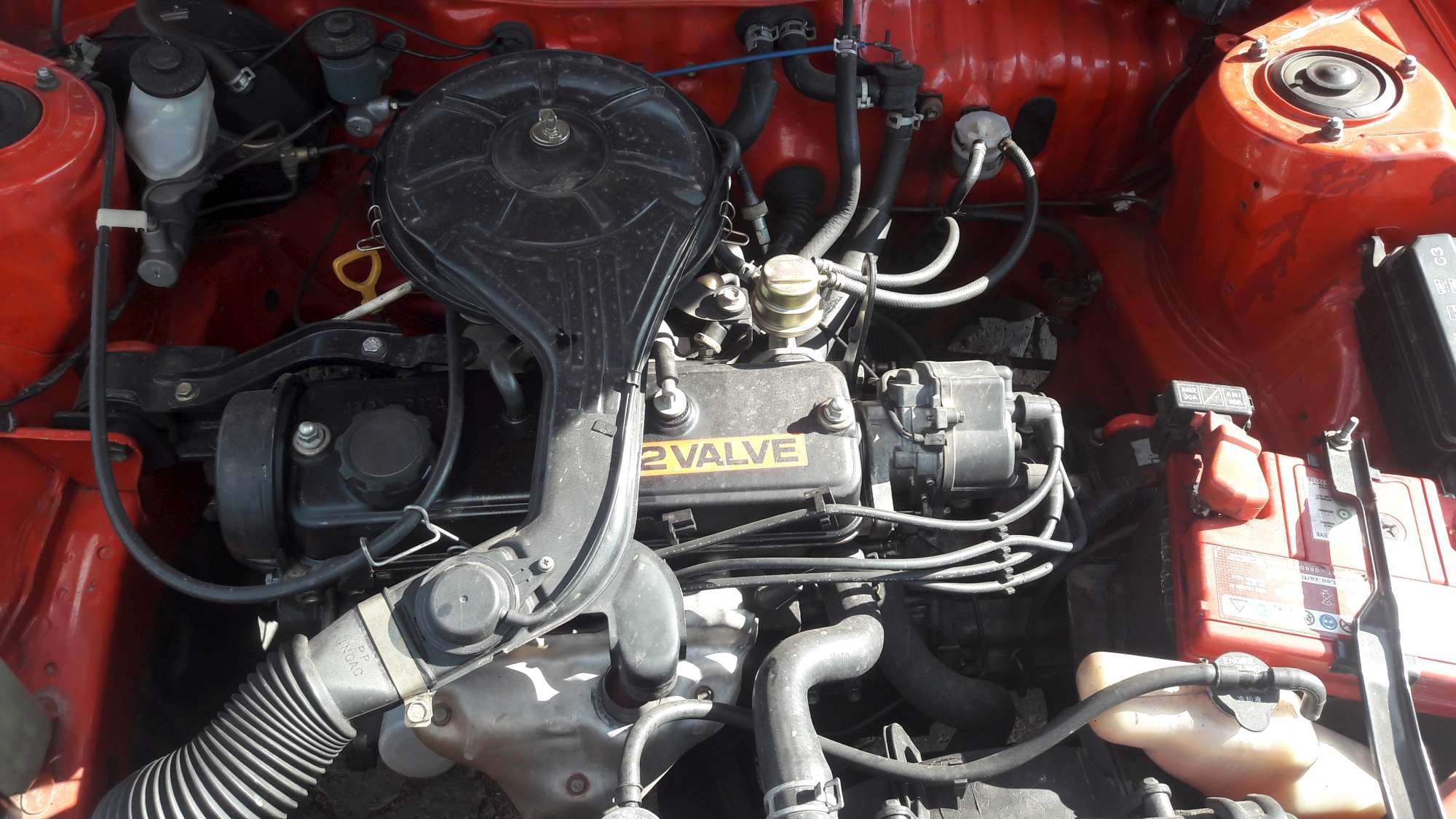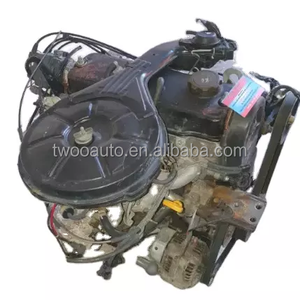Enhance Your Driving Experience with Toyota Tazz Engine for Sale
Enhance Your Driving Experience with Toyota Tazz Engine for Sale
Blog Article
Engine Purchasing Expert Tips on Choosing the Right Engine for Your Details Demands
Picking the appropriate engine for your certain demands entails a complex interplay of elements that go past plain horsepower figures. From power outcome to sustain effectiveness, the decision-making procedure can be daunting. Understanding the nuances of engine kinds, sizes, and their compatibility with your vehicle is vital. There are experienced suggestions that can assist navigate this surface with self-confidence. By diving right into the ins and outs of power versus performance, reviewing fuel scores, and budgeting for long-lasting costs, one can genuinely enhance their engine option.
Power Vs. Efficiency: Finding the Equilibrium

When choosing an engine, it is critical to strike a balance between power and performance to satisfy your particular requirements properly. Power refers to the engine's capability to generate power for propulsion, establishing aspects like velocity, pulling capacity, and overall efficiency (Toyota Tazz Engine For Sale). On the other hand, effectiveness associates to how well the engine makes use of fuel to generate power, influencing variables such as fuel economy and environmental kindness
Accomplishing the appropriate equilibrium in between power and performance is crucial since an engine that is too powerful might eat extreme gas, causing greater operating expenses and unneeded pressure on the atmosphere. Conversely, an engine that prioritizes performance over power might result in slow performance, especially in requiring situations like towing heavy loads or driving uphill.
To make an informed decision, think about variables such as your normal driving conditions, the intended usage of the vehicle, and your personal preferences. By examining your concerns and requirements, you can choose an engine that strikes the perfect balance in between power and performance, guaranteeing ideal performance while reducing ecological influence and operating expense.
Recognizing Engine Size and Kind

Usual engine types consist of inline engines, V engines, and rotary engines, each with its unique benefits and drawbacks. Understanding the interaction between engine dimension and kind is vital in picking an engine that lines up with your details requirements and priorities, whether it be power, effectiveness, or an equilibrium of both.
Consider Your Automobile's Demands
If you are looking for an engine for a durable truck that will be used for towing, you will require an effective engine with high torque capacities. On the various other hand, if you are selecting an engine for a compact vehicle mainly made use of for city commuting, gas performance might be a more vital factor to think about.

Reviewing Gas Performance Ratings
Examining gas effectiveness ratings is a crucial aspect of selecting the right engine for your car, guaranteeing expense financial savings and ecological sustainability. Gas performance rankings, normally measured in miles per gallon (MPG) for gas engines or kilowatt-hours per 100 miles (kWh/100 miles) for electrical engines, indicate just how far an automobile can take a trip on a particular quantity of gas or electricity. Greater MPG or lower kWh/100 miles values signify a lot more effective engines, equating to lowered gas expenses and reduced carbon exhausts.
When evaluating gas effectiveness ratings, consider your driving routines and demands. A very fuel-efficient engine can result in significant financial savings over time if you commute long distances daily. In addition, compare various engine choices within the very same vehicle class to recognize one of the most cost-effective option. Elements such as engine size, weight, aerodynamics, and hybrid or electrical capabilities can all influence fuel effectiveness.
Budgeting for Long-Term Expenses
Purposefully planning for long-term expenditures is necessary when choosing an engine, making certain economic sustainability over the car's life expectancy. While the initial acquisition price of an engine is a significant factor, it is important to think about the long-lasting costs related to upkeep, repair services, and gas consumption. Choosing a more fuel-efficient engine may have a greater ahead of time expense but can result in substantial cost savings with time. Normal upkeep, such as oil adjustments, filter substitutes, and tune-ups, is important to keep the engine running smoothly and successfully, decreasing the danger of costly fixings down the line.
Additionally, looking into the accessibility and expense of substitute parts for the chosen engine is vital in spending plan planning. By very carefully budgeting for these long-lasting costs and factoring them into the decision-making procedure, people can select an engine that not just meets their immediate needs yet also continues to be affordable throughout its life expectancy.
Verdict
In final thought, choosing the appropriate engine for your certain demands requires stabilizing power and effectiveness, comprehending engine size and kind, considering your vehicle's needs, evaluating fuel performance ratings, and budgeting for lasting costs. By carefully thinking about these elements, you can guarantee that you select an engine that satisfies your requirements and supplies ideal efficiency for your vehicle.
To further Extra resources refine the choice process of an engine that strikes the ideal balance in between power and effectiveness, it is essential to delve into the intricacies of understanding engine size and type. read more Engine size refers to the total volume of air and fuel that can be pushed via the engine cyndrical tubes. Common engine kinds consist of inline engines, V engines, and rotating engines, each with its one-of-a-kind benefits and downsides. Recognizing the interaction between engine size and type is vital in selecting an engine that aligns with your specific needs and priorities, whether it be power, performance, or an equilibrium of both.
Gas effectiveness scores, usually determined in miles per gallon (MPG) for gas engines or kilowatt-hours per 100 miles (kWh/100 miles) for electric engines, indicate how much an automobile can travel on a particular amount of gas or power.
Report this page